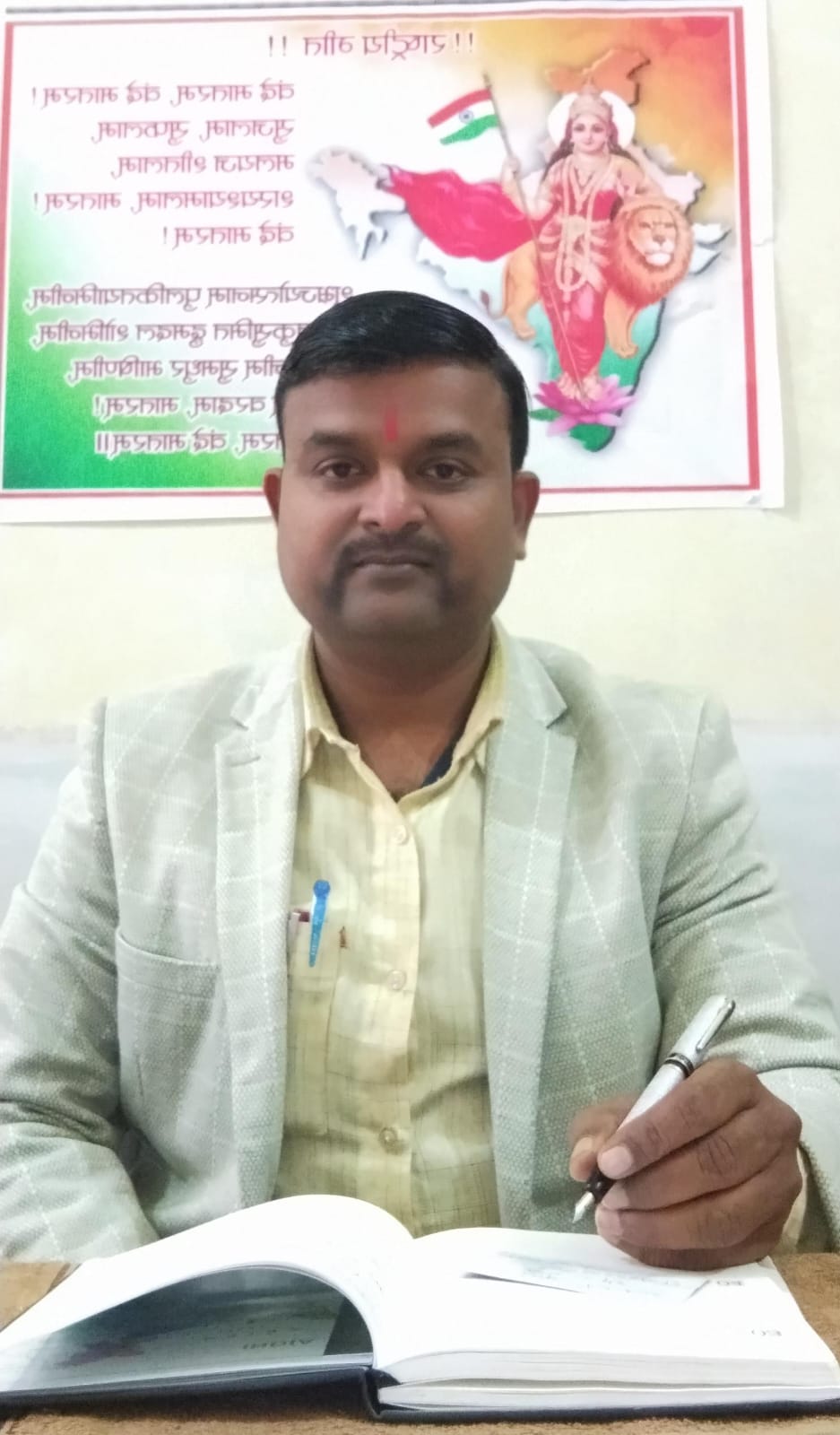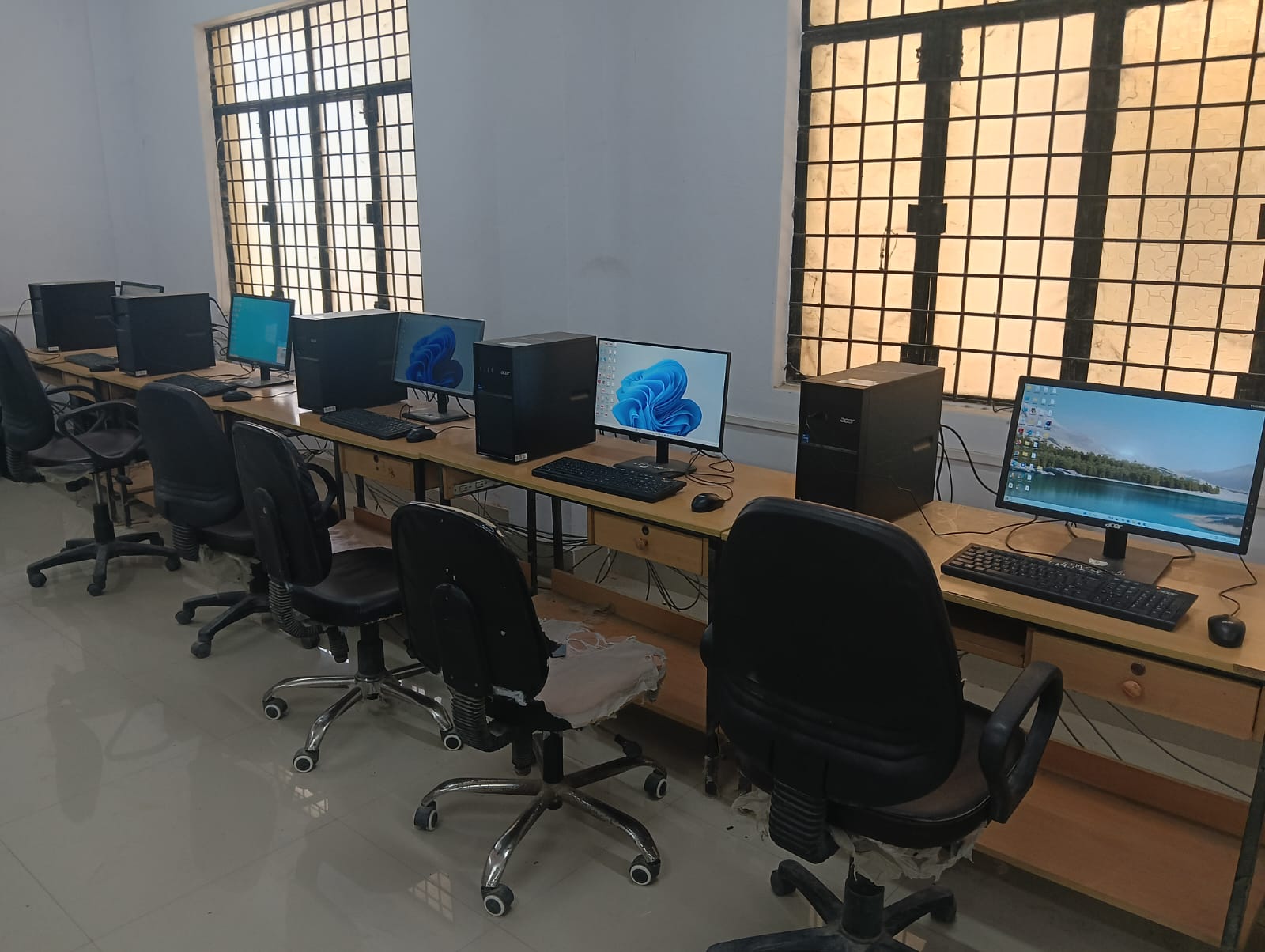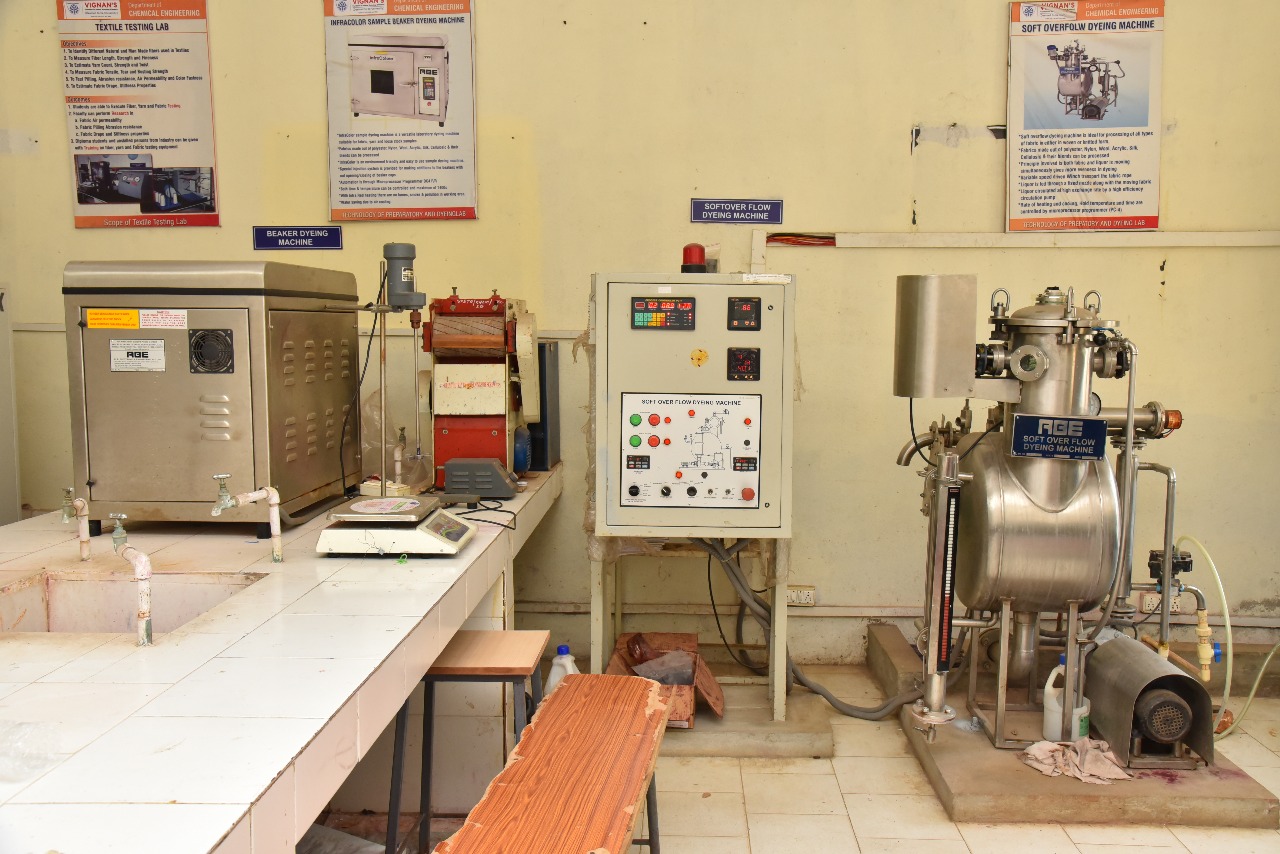

The Textile Chemistry Department at Government Polytechnic Mau is at the forefront of environmentally friendly innovation in the textile industry. The mission is to empower students with extensive knowledge of chemical processes in textiles, from production of the fiber to finishing of the fabric.
We highlight the need for green practices and new technologies in the textile industry. Through a wide-ranging curriculum supplemented with experiential laboratory sessions, students acquire expertise in dyeing, printing, and quality control.
Our faculty includes textile chemists and industry experts who mentor students in practical problem-solving. They focus on research in sustainable textiles and foster industry-academic collaborations.

All Technical Branches
Diploma
Workshop Instructor

All Technical Branches
M. Sc.
Lecturer

All Technical Branches
M. Tech.
Lecturer
The Textile Chemistry curriculum is designed to provide students with a robust foundation in core Textile principles. With a focus on hands-on learning and real-world application, the program ensures students are industry-ready upon graduation.
Our graduates work as Textile Chemists, Quality Control Analysts, and Dyeing Technologists in renowned textile and apparel companies. The department maintains partnerships with leading textile manufacturers for hands-on training.
The department's dedicated placement cell works year-round to prepare students for technical interviews, conduct mock sessions, and organize campus recruitment drives. Our industry partnerships also facilitate real-world projects, giving students practical experience before graduation.
Our labs are equipped with the latest technology, providing students with hands-on experience and exposure to real-world tools. Each laboratory is designed to support specific areas of the curriculum, ensuring comprehensive practical training.

Advanced facilities for dyeing and chemical analysis.

Equipment for testing fabric strength, color fastness, and durability.

Fundamental step in textile production, transforming raw materials (like cotton, wool, or synthetic filaments) into yarn, which is then used to create fabric.